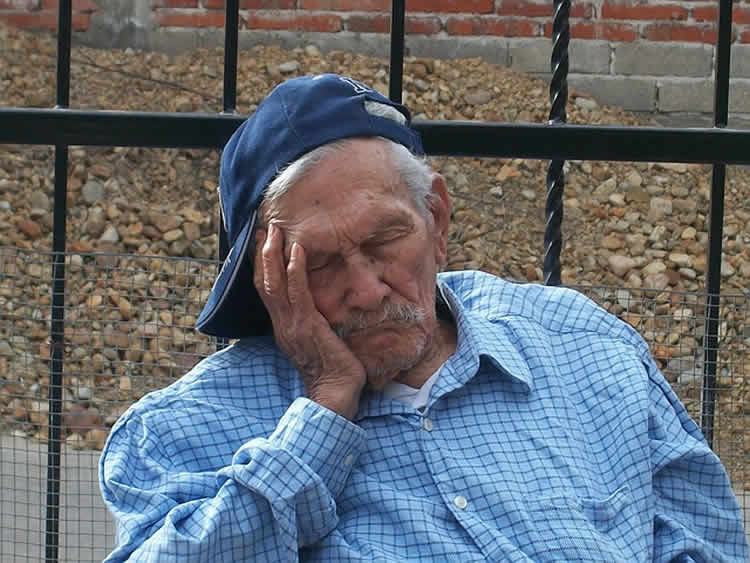Sleep difficulties may be linked to faster rates of decline in brain volume, according to a study published in the September 3, 2014, online issue of Neurology.
Sleep has been proposed to be “the brain’s housekeeper”, serving to repair and restore the brain.
The study included 147 adults 20 and 84 years old. Researchers examined the link between sleep difficulties, such as having trouble falling asleep or staying asleep at night, and brain volume.
All participants underwent two MRI brain scans, an average of 3.5 years apart, before completing a questionnaire about their sleep habits.
A total of 35 percent of the participants met the criteria for poor sleep quality, scoring an average of 8.5 out of 21 points on the sleep assessment. The assessment looked at how long people slept, how long it took them to fall asleep at night, use of sleeping medications, and other factors.

The study found that sleep difficulties were linked with a more rapid decline in brain volume over the course of the study in widespread brain regions, including within frontal, temporal and parietal areas.
The results were more pronounced in people over 60 years old.
“It is not yet known whether poor sleep quality is a cause or consequence of changes in brain structure,” said study author Claire E. Sexton, DPhil, with the University of Oxford in the United Kingdom. “There are effective treatments for sleep problems, so future research needs to test whether improving people’s quality of sleep could slow the rate of brain volume loss. If that is the case, improving people’s sleep habits could be an important way to improve brain health.”
Notes about this neurology and sleep research
The study was supported by Research Council of Norway, the U.K, National Institute for Health Research, Wellcome Trust, Norwegian Research Council, European Research Council and University of Oslo.
Contact: Rachel Seroka – AAN
Source: AAN press release
Image Source: The image is credited to PublicDomainPictures and is in the public domain
Original Research: Abstract for “Poor sleep quality is associated with increased cortical atrophy in community-dwelling adults” by Claire E. Sexton, DPhil, Andreas B. Storsve, MSc, Kristine B. Walhovd, PhD, Heidi Johansen-Berg, DPhil and Anders M. Fjell, PhD in Neurology. Published online September 3 2014 doi:10.1212/WNL.0000000000000774






